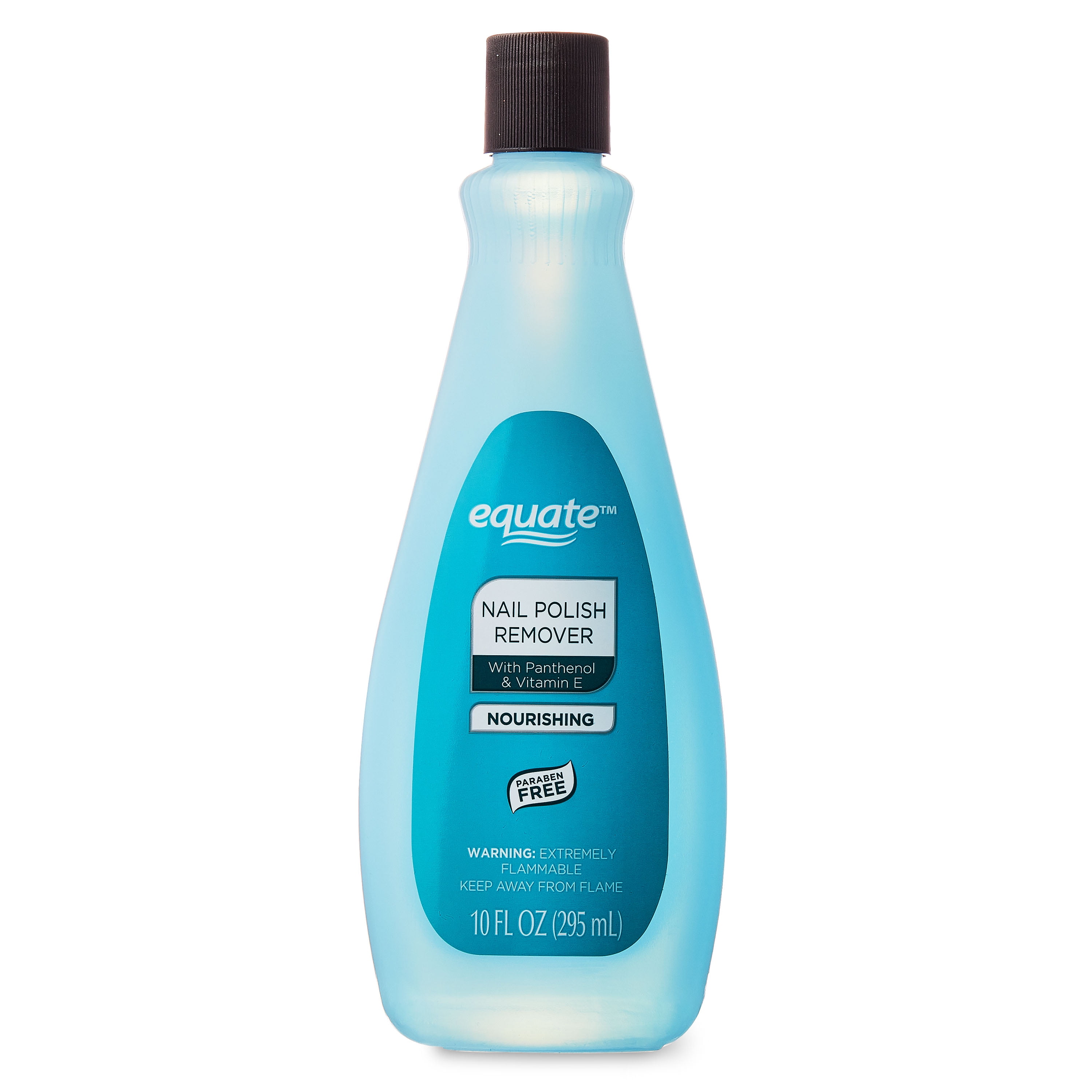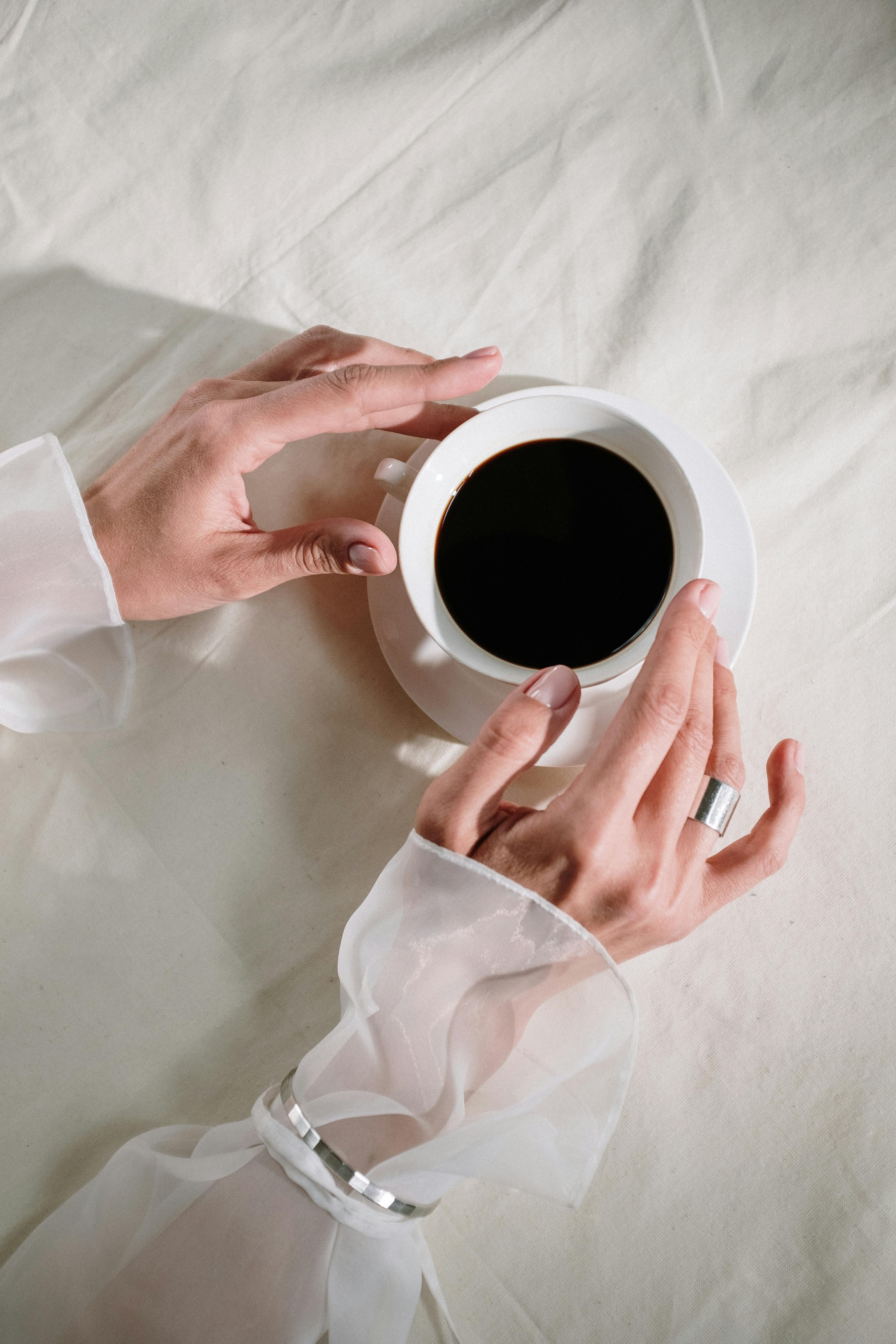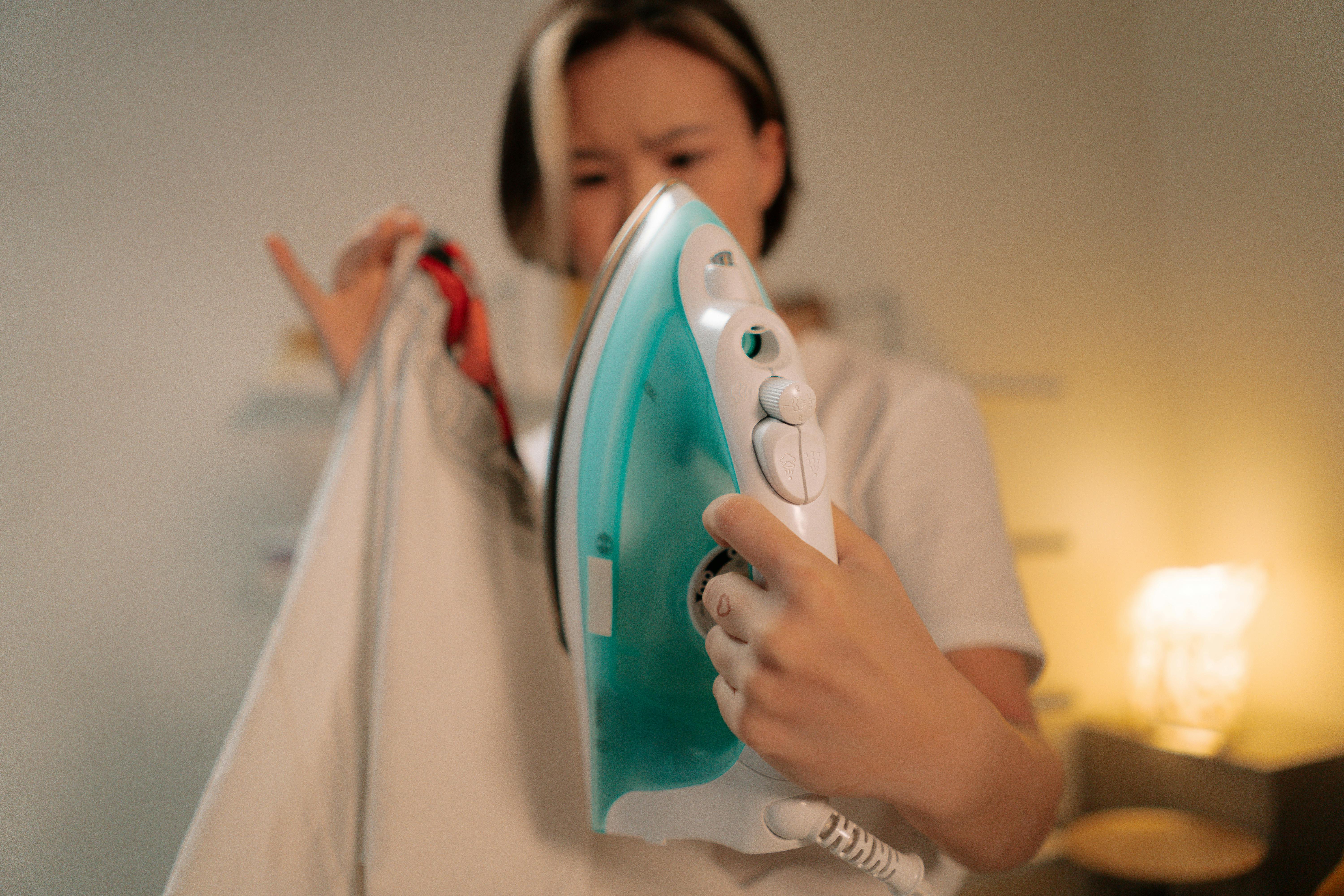
Easy Ways to Properly Peel Hard Boiled Eggs for Perfect Results in 2025
Peeling hard boiled eggs can sometimes be a frustrating task, leading to craters in the egg white and a messy experience in the kitchen. Understanding the best techniques for peeling eggs can transform this cooking challenge into a simple, enjoyable process. The freshness of eggs plays a crucial role in how easily they peel, and various methods can help you achieve smooth results with minimal effort. In this article, we will explore easy ways to peel hard boiled eggs, providing tips, tricks, and techniques to ensure a flawless experience. We'll also touch on the science behind egg boiling, discuss ideal boiling times, and cover common mistakes to avoid.
Key takeaways include:
- Understanding the impact of egg freshness on peeling.
- Learning various boiling techniques to enhance peeling ease.
- Discovering practical tips and tricks for the best peeling results.
Essential Tips for Boiling Eggs for Easy Peeling
Before jumping into the peeling process, it is vital to focus on how the eggs are boiled. The boiling method greatly influences the ease of peeling. One effective approach is to use older eggs, as they tend to peel more smoothly than fresh ones. The age of eggs affects pH levels that can reduce the bond between the egg white and the shell, resulting in a better peeling experience.
Age of Eggs for Easier Peeling
Using eggs that are at least a week old can significantly enhance your peeling experience. As eggs age, they lose moisture through the shell, leading to a more alkaline environment. This change helps to separate the egg white from the inner membrane, making the shell easier to remove. If you plan to boil eggs, consider purchasing them a week in advance to ensure the best chance of easy peeling!

Boiling Eggs Properly
Boiling eggs properly is another fundamental step to consider. Start by placing your eggs in a single layer in a pot and cover them with cold water, at least an inch above the eggs. Bringing the water to a rolling boil is essential, then reduce to a simmer immediately. For medium eggs, aim for about 9-10 minutes, while large eggs typically require 10-12 minutes. For extra-large eggs, aim for 12-14 minutes. Timing is crucial; undercooked eggs may cause difficulty during peeling.
Using Salt or Vinegar in Boiling Water
Adding a teaspoon of salt or vinegar to the boiling water can assist with the shell removal process. Salt can help to solidify egg whites, while vinegar increases acidity, potentially reducing the egg’s adherence to the shell. Experimenting with these ingredients can yield excellent results, as each method reacts differently based on the egg's freshness.
The Ice Bath Technique
Following the cooking process, immediately transferring eggs to an ice bath for at least five minutes is recommended. This rapid cooling causes the egg to contract slightly away from the shell, aiding in the peeling process. The ice bath also stops the cooking process, ensuring the eggs do not become overcooked and rubbery.
Best Methods to Peel Hard Boiled Eggs
Once your eggs are boiled and cooled, the peeling technique comes into play. There are several methods you can try for optimal peeling results.
The Cracking Method
A widely favored technique is the cracking method. Start by gently tapping the egg on a hard surface, rotating it gradually to create small fractures across the shell. This method helps to loosen the shell from the egg white, making it easier to peel. Applying this technique under running water can minimize mess and assist in the removal of stubborn shell pieces. Remember to start peeling at the wider end, where there is often an air pocket that can help with initial shell removal.
Rolling Technique
Another effective peeling option is the rolling technique. Lightly rolling the egg back and forth on the countertop can create cracks all over the surface. This method allows for the shell to break and makes it easier to remove in larger pieces. Again, doing this under running water can facilitate a smoother process without the risk of damage to the egg white.
Using Peeling Gadgets
If you frequently hard boil eggs, investing in an egg peeler gadget can make your life much easier. Various tools on the market are designed specifically to assist with peeling boiled eggs quickly and efficiently. These gadgets often create an environment that separates the shell from the egg, making peeling a breeze!

Soaking Technique
A soaking technique can also be effective. After boiling, allow the eggs to soak in warm water for a couple of minutes before peeling. This short soak helps to loosen any stubborn pieces of shell and effectively makes peeling easier overall. After soaking, use the cracking method to remove the shell more smoothly.
Preventing Egg White from Sticking
One of the common issues encountered during the peeling process is the egg white sticking to the shell. By employing certain strategies during the boiling process, this problem can often be avoided altogether.
Choosing the Right Egg Cooking Method
Both steaming and boiling are effective methods for cooking eggs. Steaming eggs tend to peel much easier than boiling, as the steam penetrates the shell and separates the membrane more efficiently. Consider opting for the steamer basket method as a superior option for achieving easy peeling.
Proper Cooling Techniques
Cooling boiled eggs in an ice bath is one of the best strategies to prevent sticking. As mentioned earlier, placing eggs in icy water immediately after boiling halts cooking and promotes separation between the egg white and the shell. The shock caused by the temperature change assists in detaching the membrane, which is key to avoiding that sticky situation during peeling.
Common Mistakes to Avoid When Peeling Eggs
Knowing what common mistakes to avoid can make a significant difference in your egg peeling success. Below are frequent errors that cookers often encounter.
Using Fresh Eggs
Using very fresh eggs is one of the top mistakes when it comes to easy peeling. Freshly laid eggs tend to cling more to the shell, making the process frustrating. As discussed, using eggs that have been in the refrigerator for a week or more is ideal for better peeling outcomes. Always prioritize older eggs when serviceability is key.
Poor Cooling Practices
Failing to cool eggs immediately after boiling can result in difficulty during peeling. Always ensure you transition your boiled eggs directly into an ice bath. This practice is non-negotiable for smooth shell removal!
Ignoring Technique
Lastly, overlooking the peeling technique can lead to an unsatisfactory experience. Experiment with different methods until you find what works best for you. Every kitchen is different, so find your rhythm for the best outcomes each time.
Q&A: Peeling Hard Boiled Eggs
What is the optimal boiling time for hard boiled eggs?
For medium eggs, aim for 9-10 minutes and for large eggs, 10-12 minutes. Extra-large eggs usually require 12-14 minutes. Keep in mind that cooking times may vary depending on your stove and altitude.
Can I use fresh eggs for boiling?
Using fresh eggs generally leads to more difficult peeling due to their adherence to the shell. It is recommended to use older eggs for a smoother peeling experience.
Is an ice bath necessary for cooling boiled eggs?
An ice bath is highly recommended. It not only stops the cooking process but also aids in loosening the adherence of the shell to the egg white.
What peeling technique is most effective?
The cracking method and rolling technique are both effective for peeling hard boiled eggs. Each person may find success with different techniques, so experimenting can lead to the best results.
Are there any specialty gadgets for peeling eggs?
Yes! There are various egg-peeling gadgets designed to simplify the process, preventing mess and ensuring that you can peel eggs quickly and efficiently.
Conclusion
Perfecting your technique for peeling hard boiled eggs can enhance your culinary experience and save time in the kitchen. By following the discussed tips and methods, such as utilizing older eggs, adapting your boiling techniques, and applying effective peeling strategies, you can ensure a mess-free, painless experience. Whether you are meal prepping, creating a delicious egg salad, or simply enjoying a snack, mastering the art of peeling eggs will become a seamless part of your cooking routine.